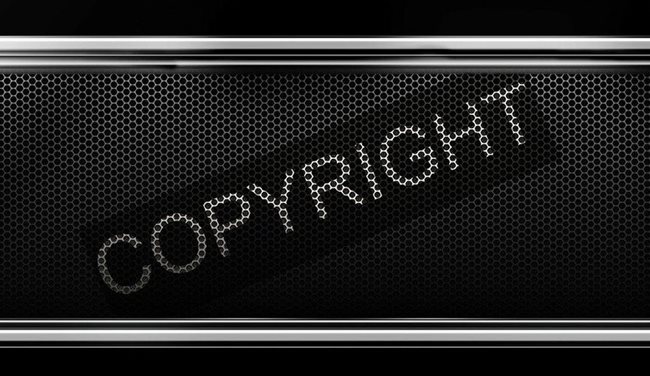Defining these concepts might be a great start for all of us, especially for aspirant and young PR professionals. Plagiarism according to the University of Oxford is presenting someone else's work or ideas as your own, with or without their consent. This includes published or unpublished material in the form of manuscripts, printed or electronic form.
Copyright on the other hand is the exclusive, legal right that is given to the originator to print or publish any kind of material. And Intellectual Property (IP) is the ownership of ideas, unlike tangible assets to your business such as computers or an actual office, IP is a collection of ideas and concepts.
Hugh Melamdowitz 26 Jan 2021
I have decided to tackle this topic because I see that plagiarism of people’s work in all professions is becoming a disturbing norm – it might be happening quietly, but it is there.
I would like both aspirant and young PR professionals out there to know that it is wrong on all levels – there is no justification for stealing someone else’s hard work. It takes copious amounts of hours to come up with great ideas or concepts and then put them on paper, be it in the form of PR proposals, strategies, compelling stories or even tactics used to master the relationships with media.
Try to stick to your own concepts
There is nothing more satisfying than coming up with your own ideas, seeing them come to life when they are finally implemented and not only that; but seeing an overall project succeed because of your great concept. And I can tell you that there is no person who will implement an idea better than the person who came up with it.
It is very concerning though to see how easy it is for someone to take someone else’s work and confidently present it as their own. People’s rights to their ideas, concepts and even documentation is protected by the South African: Copyright Act 98 of 1978 (amended) Intellectual Property Laws Amendment Act 38 of 1997. The right thing to do to avoid plagiarism is to either ask for permission from the owner or to acknowledge the source of the information or material.
Even when doing assignments at tertiary level, students are expected to provide a list of their sources as reference of where the information used was obtained. This lesson though, on how to avoid plagiarism, is also applicable to individuals or companies that ask for proposal from PR SMMEs with the hope that it would lead into potential business opportunities.
It is disappointing to realise that some of the requests are merely to steal ideas from one another. The most important thing that we need to always remember as PR professionals is that: “Plagiarism is an illegal act and doing the right thing when it comes to this is a clear indication of one’s integrity, pride, respect of other people’s work and just mere professionalism”.





































